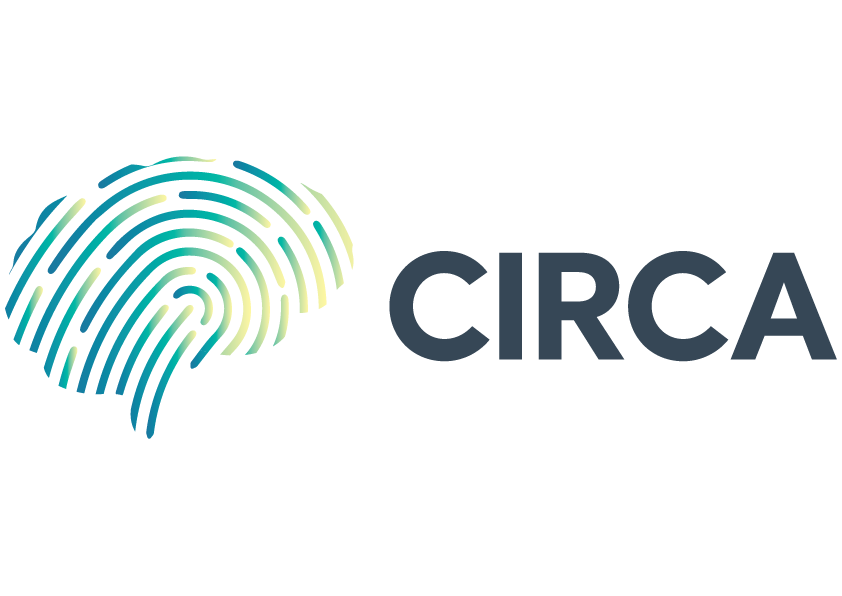CIRCA's mission
The individual is in constant interaction with the external world. They are constantly called upon to develop strategies to adapt their actions to the new information they need to integrate in order to function well in society. Thus, learning and attention processes are constantly solicited to enable this adaptation. These learnings can be as simple as memorizing an address, but also as complex as language development in young children or solving complex problems in adults. The brain is of course at the core of all learning. It must analyze and interpret the information received by the sensory organs, process this information based on behavioral contexts, previous experiences, and learning, and produce an appropriate motor, emotional, or verbal response. The operational definition of learning varies depending on the context. At the cellular level, learning is expressed as neuroplasticity. At the cognitive level, learning refers to the modification of internal representations, while at the psychosocial and educational level, it refers to the acquisition of knowledge, skills, and attitudes. In all cases, learning is characterized by perceptual and behavioral changes that promote the individual's adaptation to the ever-changing environment. Numerous factors and mechanisms can affect learning and lead to an adaptive or pathological response, at the cellular, cognitive, psychosocial, and educational levels. A better understanding of these factors is therefore central to the advancement of knowledge and the development of appropriate diagnostic and therapeutic interventions and tools.
The diversity of expertise among researchers at the University of Montreal places the institution in a unique position to address brain and learning sciences from birth to old age, at the cellular, brain systems, and individual levels. It is in this context that the University of Montreal innovates by creating the Interdisciplinary Research Center on Brain and Learning (CIRCA), funded by the FRQS. This center on brain and learning aims to accelerate interdisciplinary research and its applications through bidirectional reinforcement between brain sciences and disciplines working in practice environments.
The research work of the CIRCA will be approached in an interdisciplinary manner by over 75 researchers from 17 units and seven faculties working on campus. Through its programming and its four thematic research axes, the CIRCA thus proposes to act as a real springboard for multidisciplinary research in learning, a domain with high potential impacts for the community. To this end, the Center will act as a true agent of transformation, helping to change mindsets and practices by providing an environment and mechanisms to transcend the boundaries of research sectors.
